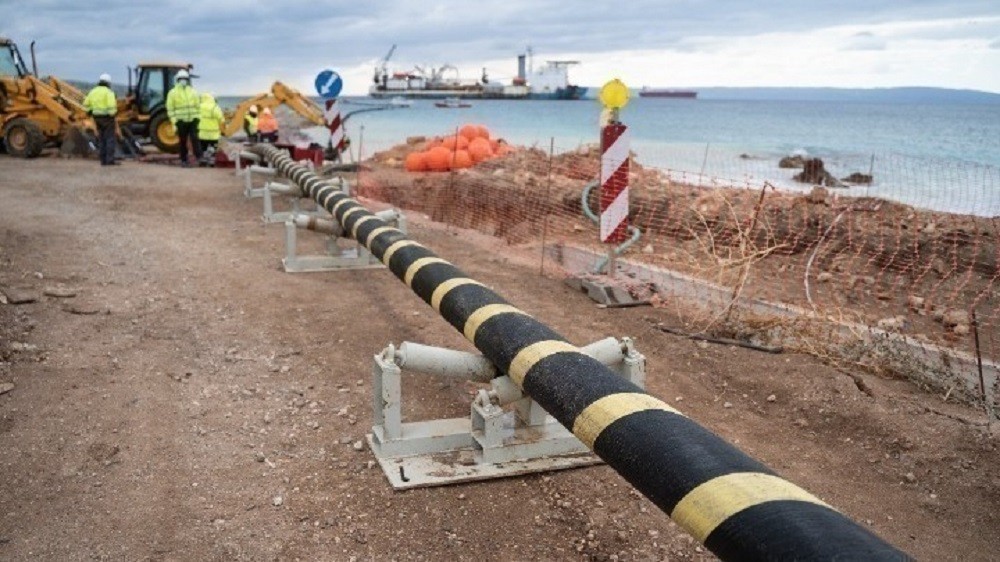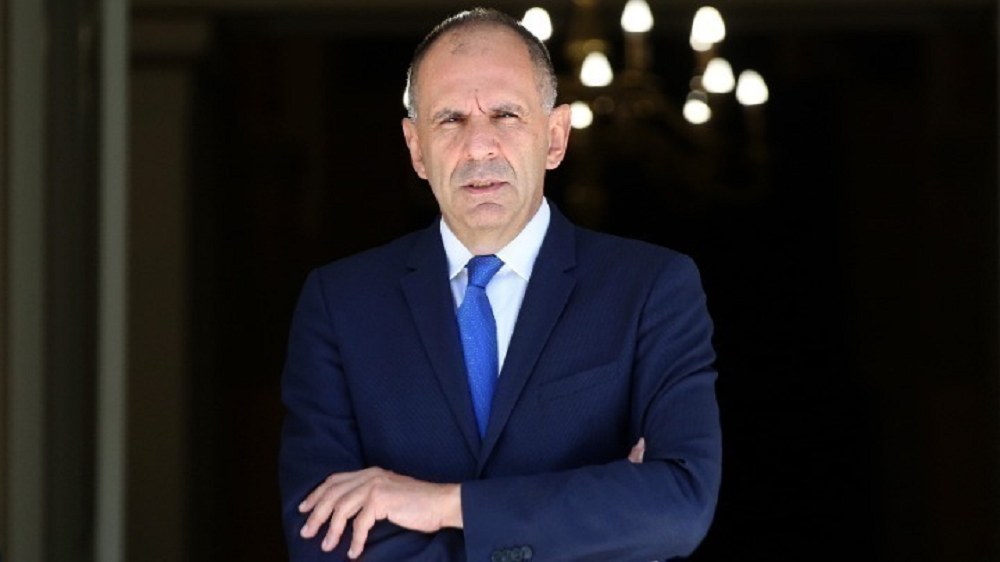
Voutsis: EU-IMF disagreement ‘an attempt to crush Greece between the elephants’
Citing a phrase used by Greece’s Finance Minister Euclid Tsakalotos, Greek Parliament President Nikos Voutsis commented on the dispute between the International Monetary Fund (IMF) and European Union institutions over the Greek programme, saying it was an attempt, led by Germany’s Finance Minister Wolfgang Schaeuble and the Dutch in Europe and Poul Thomsen in the IMF, to “crush Greece between the elephants.”
“The fact that the IMF can’t seem to agree with the EU appears to be an attempt on the part of the Schaeuble-Thomsen axis for an outcome that is against us. Instead of either one winning or backing down, they will reach an agreement between them with the aim of ‘crushing Greece between the elephants,’ as Euclid Tsakalotos said,” Voutsis commented in an interview with the Athens-Macedonian News Agency (ANA) published on Sunday.
Greece wanted to wrap up the second review as quickly as possible, he added, before the start of a series of national elections that are due to take place in Eurozone countries, including France and Germany.
According to Voutsis, nobody now considered that Greece’s debt was sustainable, or that sustained primary surpluses of 3.5 pct over several years were realistic. They all understood, by contrast, the realism of the Greek finance minister’s proposal that a part of the surplus go toward boosting competitiveness, growth and for the relief of socially disadvantaged groups. All sides also understood that the country will not be able to reliably tap the markets after 2017 unless it enters the ECB’s quantitative easing programme, he added.
“The point is not for the country to access the markets once, like Samaras did, but then was unable to continue and had to pull back,” Voutsis said.
Asked about the one-off welfare benefit handed out to low-income pensioners, Voutsis said this distributed a surplus of 617 million euros generated by higher-than-expected VAT revenue and that the government had sped to vote it in before the end of the current year because, otherwise, half would have to go toward paying down the debt.
The Parliament president also blamed Greece’s creditors for “stalling” legislation on extending the use of plastic money and for declaring hidden income that would have further increased tax revenues. The draft bill now tabled in Parliament had been ready for more than a year, he said, but was blocked by the creditors’ refusal to accept an ‘unseizable account’ for SMEs and also their demand for an unrealistically high taxation rate of 80 pct for any revealed income, which Voutsis said essentially amounted to a “donation” and removed any incentives to declare concealed money.
Talking about the Cyprus issue, Voutsis said the international aspect of the problem “remains a serious issue” on which Greece must also have some say. As Prime Minister Alexis Tsipras said in Parliament a few days ago, he added, the dogma ‘Cyprus decides and Greece supports’ has its limits.
“Support is given but we need to discuss some things here; we were a guarantor power, Cyprus is an equal member-state of the EU and therefore there must be a field of understanding on the matter of guarantees and security issues, not pre-agreement with Turkey, with the full agreement of the Cyprus Republic, of course,” he said.
The Greek side had a steadfast position that there could not be a solution with occupation forces and guarantor powers, he noted, while adding that a solution was clearly better than no solution, which only increased problems and made situations “permanent.”
The interview with Voutsis was conducted in Moscow, where he was attending the official end of Greece-Russia Year 2016 that comes to a close after the final two exhibitions from Greece held in the Russian capital end in January. One is the exhibition “Gods and Heros in ancient Greece” at Moscow’s State Historical Museum and a second an exhibition of work by the modern Greek artist Bokoros.
Commenting on relations with Russia, Voutsis said he had relayed Greece’s support for Russia on issues such as sanctions and its participation in the Coucil of Europe, while noting the great success and the “excellent work” done for Greece-Russia Year 2016.

